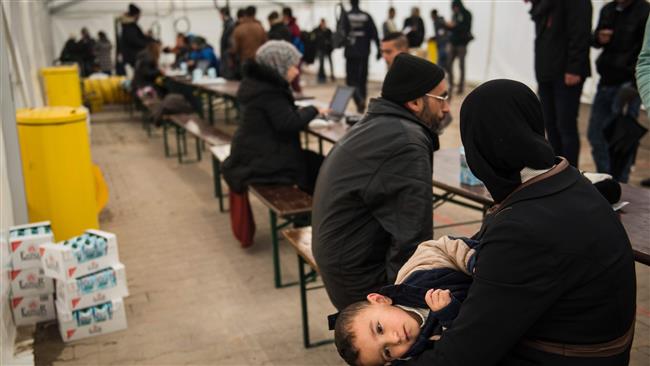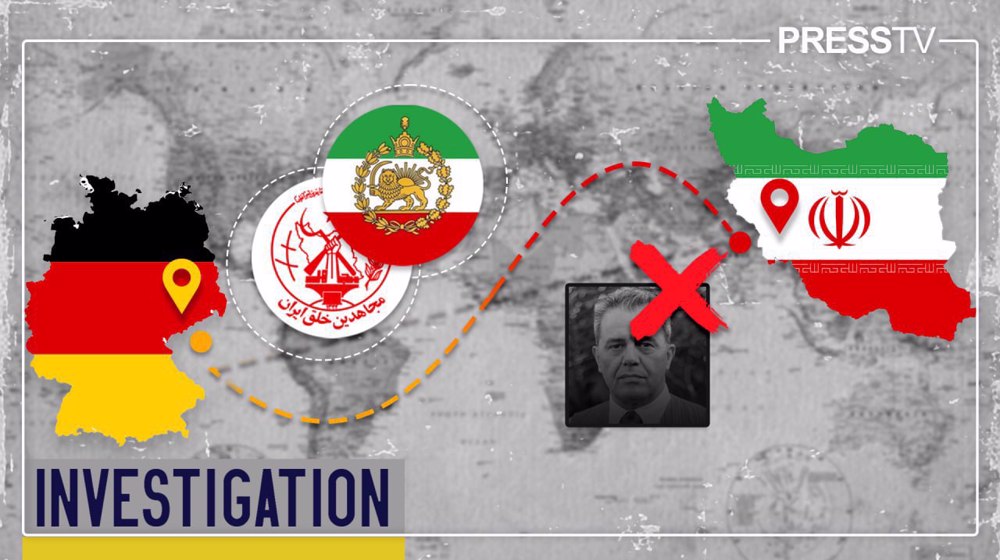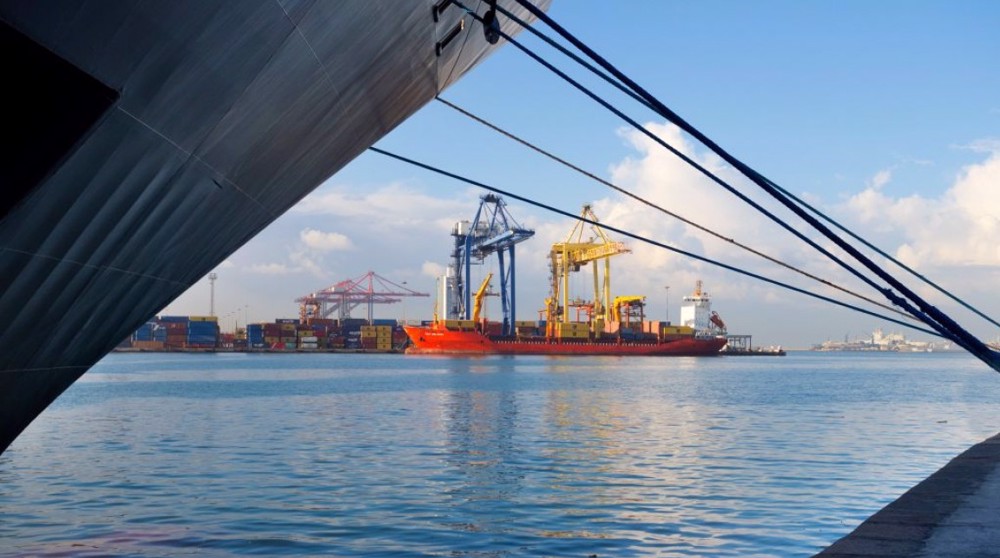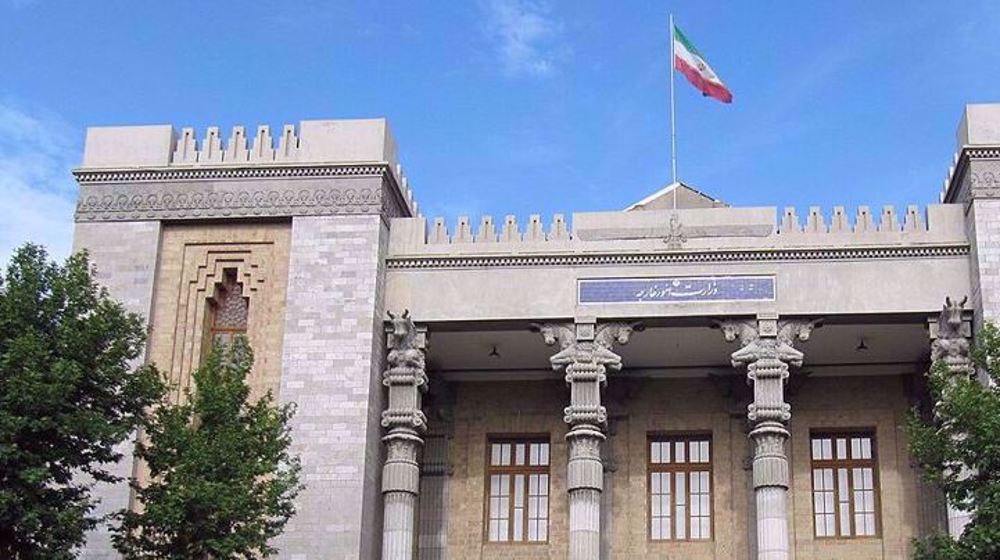Germany to return refugees to Greece from March
A German official says Berlin will in two months' time begin returning newly-arrived refugees from Greece to their first landing location in the European Union.
German Interior Ministry spokesman, Tobias Plate, told media on Thursday that the country was essentially lifting a five-year suspension on such transfers due to better conditions in Greece compared to the past.
Under the EU's Dublin rules, refugees are required to file for asylum in the first EU member state they enter and be relocated to other countries later if accepted.
The Mediterranean countries of Greece and Italy are often the first port of landing for refugees.
If asylum seekers have traveled to other EU countries, they are to be returned to their first port of call. The requirement, however, had been halted for Greece in 2011, due to the poor economic conditions in the country.
Greece's economy has since improved. Germany, which is struggling with the refugee crisis, seeks to deport refugees.
"In line with the recommendation from the European Commission, Germany believes that such transfers will be possible from March 15," said Plate.
The EU recommended on December 8 that member states resume sending asylum seekers back to Greece from March next year.
Athens has announced its opposition to the deportation of refugees to Greece, saying the legal framework of the Dublin rules "leaves the burden to the member states that migrants first arrive in."
German refugee relief group Pro Asyl has raised concerns about Berlin's decision, warning that the measure would put the asylum system in Greece, a country which is still in the recovery stage after its major economic collapse, under added pressure.
Germany had allowed refugees from conflict zones in the Middle East and North Africa to enter the country in the past.
The move was supported by Chancellor Angela Merkel's government. However, refugee admission has met widespread opposition, and the government has sought to bring refugee numbers down.
The German government’s recent decision to return asylum seekers to Greece would greatly slash the refugee numbers, ahead of general elections expected in September, when the issue is considered to be a determinant factor for politicians' popularity among voters.

In 2016, the refugee numbers dropped sharply from 890,000 in 2015, to 280,000 arrivals. It was largely due to the closure of the Balkan route and an EU-Turkey deal to limit the influx of refugees.
Many blame Western policies for the conflicts in the Middle East, Syria in particular, and the influx of refugees.
Israeli forces kill 7 more Palestinians in West Bank
Netanyahu fires military affairs minister Gallant
Hezbollah attacks turn Israel’s Haifa into a ghost town
Iran’s FM meets Pakistani PM, discusses bilateral ties, Israeli atrocities
Iran ramps up gasoline output amid rising demand
UK foreign secretary under pressure over denial of genocide in Gaza
VIDEO | Press TV's news headlines
Hezbollah bombards explosives factory in occupied territories










 This makes it easy to access the Press TV website
This makes it easy to access the Press TV website